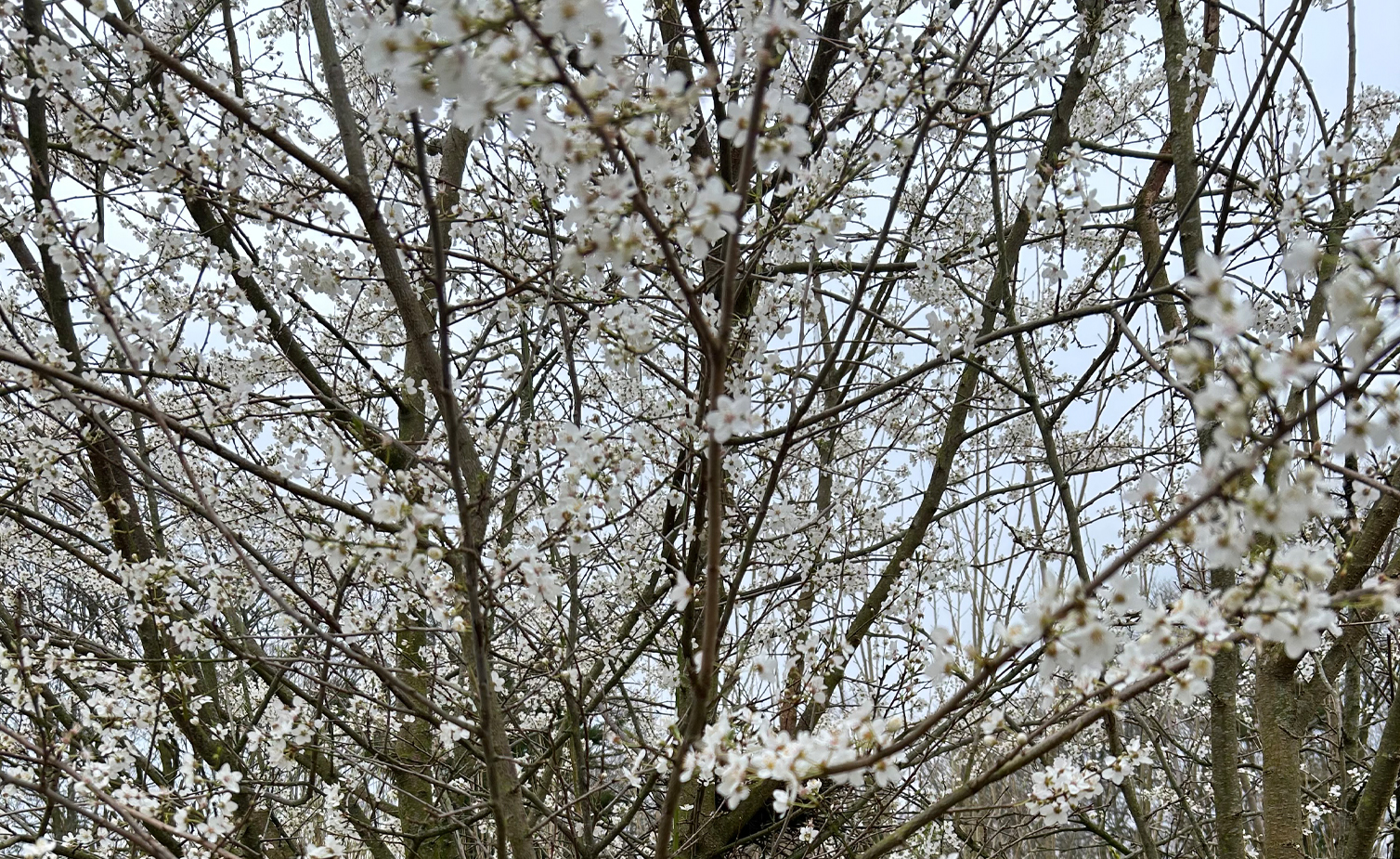How spending time in nature can benefit our wellbeing…
It has become common knowledge, especially in recent times, that spending time in nature is one of the fastest ways to increase and improve health, happiness and wellbeing. Hundreds of studies have shown that being out in nature has a strong healing effect, lifting your mood; boosting your immune system; decreasing the incidence of cardiovascular disease; lowering blood pressure and your heart rate. Human beings have spent millennia living amongst the rest of nature and have only become separated from it in the last two hundred years, which appears to be causing damage to our health.

But we don’t all live in, or have access to wild, pristine nature or countryside, so how can we benefit from it? There are elements of nature that are available to us pretty much wherever we live, and we can enjoy them and absorb their benefits freely. Read on to learn more…
Being In Natural Light
Artificial light is a relative newcomer in human history, our bodies are designed to live in natural light. We are biologically programmed to benefit from exposure to daylight. Being in natural light helps our circadian rhythms to sync up. Surprisingly the body uses these rhythms to coordinate all of its functions, from digestion to cell renewal. As most are around 24 hours in length, we can reset our circadian rhythms daily by having regular exposure to both daylight and darkness. Once our circadian rhythms are synced, we find ourselves sleeping better, having better focus and feeling more relaxed.
Natural light also has a significant effect on our psychological health and mood too. Not having enough daylight can result in us feeling down, depressed and anxious. The sun, and the natural light it gives us, is the centre of the natural world. Enjoying time in it is a way of experiencing nature, with all the benefits it brings.


Looking At The Sky
Most of us go about our daily routine, travelling to and from work or school, jogging or just walking, but we often forget to look up at the sky. Even in the most crowded inner city, the sky is always there, with its ever-changing colours, hues, patterns and shapes.
Sky gazing has been proven to reduce stress by helping to put your emotions in perspective or simply changing your view. Imagine finding yourself walking in a town or city area with little or no green space and you feel surrounded by concrete and cut off from nature.

“As you look up to the sky, you are separated from the urban view and connected to nature’s beauty.”
This simple act can be a potent way of reframing your thoughts and feelings about life and deepening your connection to nature.
Listen To The Birds
Scientists at the University of Surrey studied the ‘restorative benefits of birdsong’ and discovered that birdsong is good for you. They found that, above all other natural sounds, hearing birdsong improved people’s happiness and wellbeing, elevating mental and emotional health. Listening to bird sounds can create similar relaxing experiences as seeing nature or going for a nature walk. Further research carried out by a team at California Polytechnic State University surprised researchers by showing that only 7 to 10 minutes of listening to birdsong improved people’s wellbeing. Human beings may be primarily visual animals, but sound is important to us too, especially natural sounds.
Listening to birdsong is a simple nature connection practice that can be done pretty much anywhere. Birds sing even in built-up urban areas, and if you have any outside space, feeding them will bring even more diversity of birds and their songs for you to enjoy.

The Power Of Plants
From an evolutionary perspective, we spent our lives surrounded by plants and flowers, and the scents and colours of flowers can impact our moods.
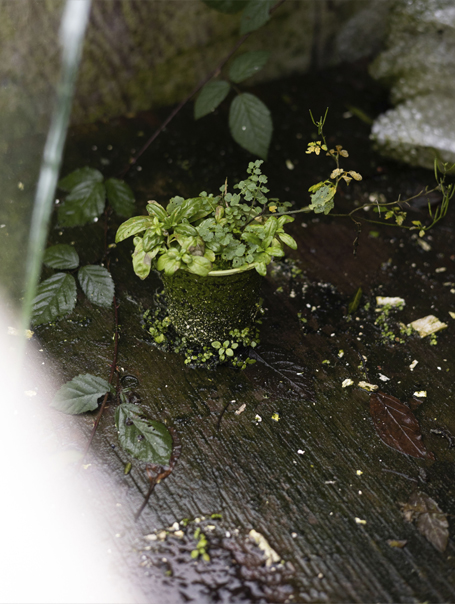
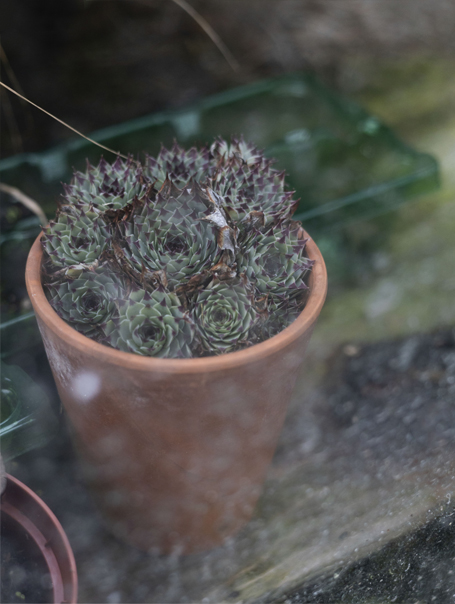
We use aromatherapy, the scent of flowers for many purposes – think lavender for stress relief, chamomile for sleep or lemon for a clean smell. Bright colours are also shown to impact our moods – think blue for calm or energising red. Flowers are both colour and scent in a beautiful package.
Next time you take a walk, look for the flowers that grow nearby – you might be surprised how many you find, even in the city. Dandelions, poppies, herb robert and willowherbs can all be found pushing through pavements and sprouting out of walls. Maybe take time to look at their colours and shapes, allow them to affect you.
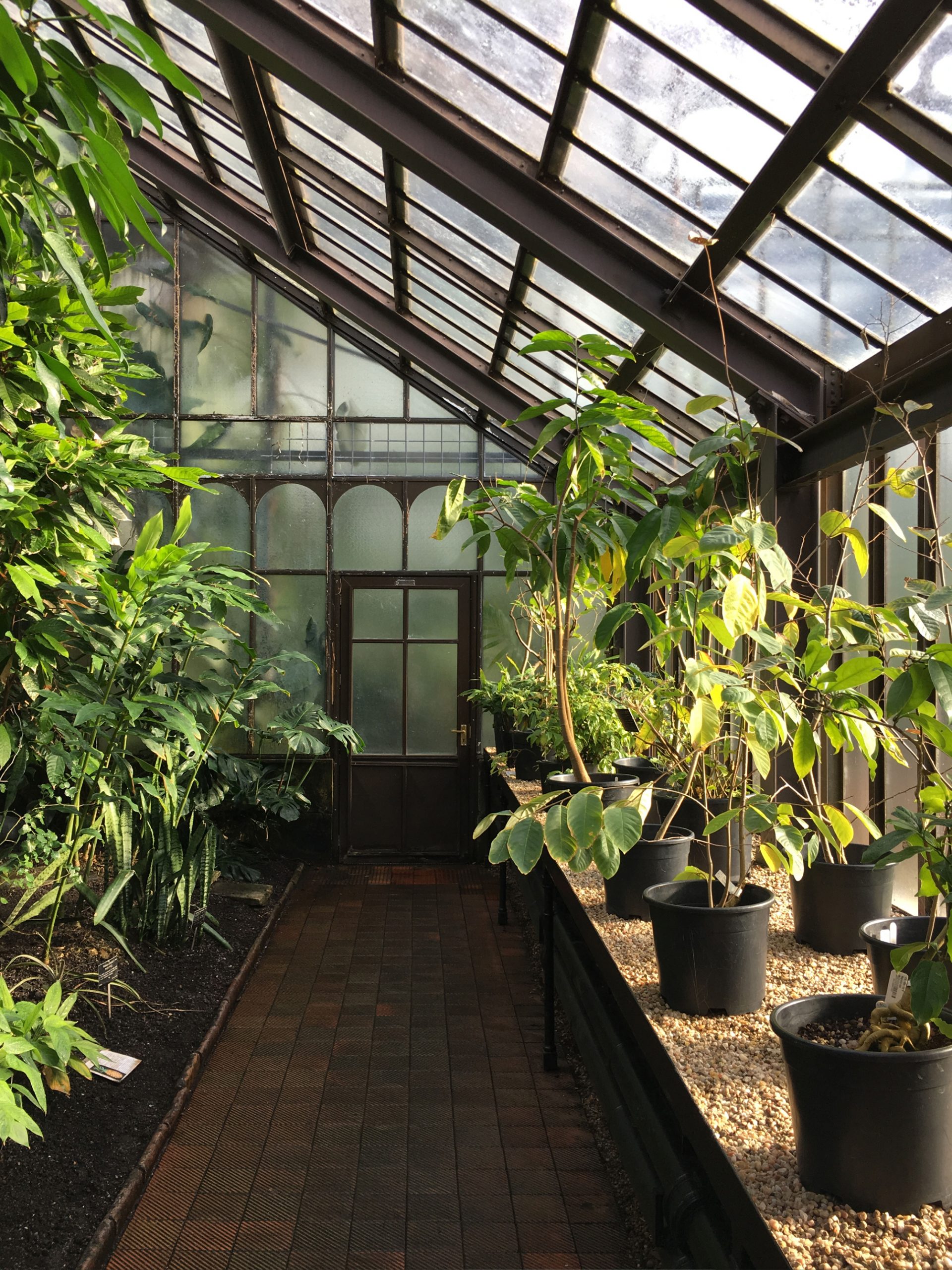
Bright colours signified food to our ancestors and finding food meant feeling good, and our bodies still release the same reward chemicals when we see flowers.
Connecting With Nature Is For Everyone
The old phrase “get lots of fresh air and exercise” takes on new meaning in today’s society, when we spend so much time indoors. Being out in nature is an important part of keeping us healthier physically and mentally. But it seems that it is connecting with nature that gives us a strong sense of wellbeing.
Connectedness refers to the way we relate to, and experience nature. If we develop a strong connection with nature, it means that we feel a close relationship or grow an emotional attachment to our natural surroundings. We can cultivate this connection consciously by using our senses.

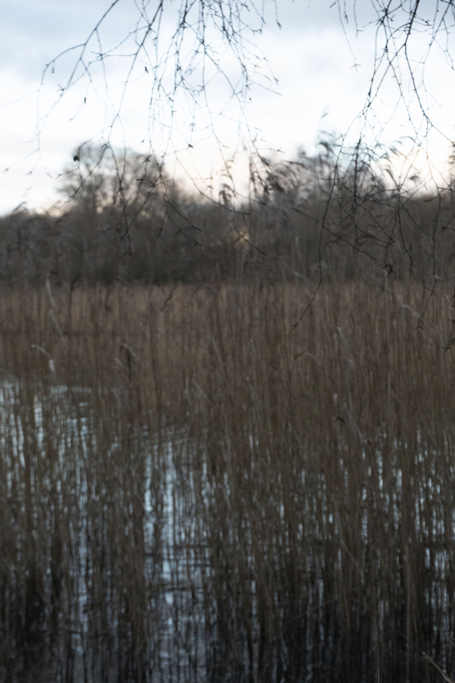
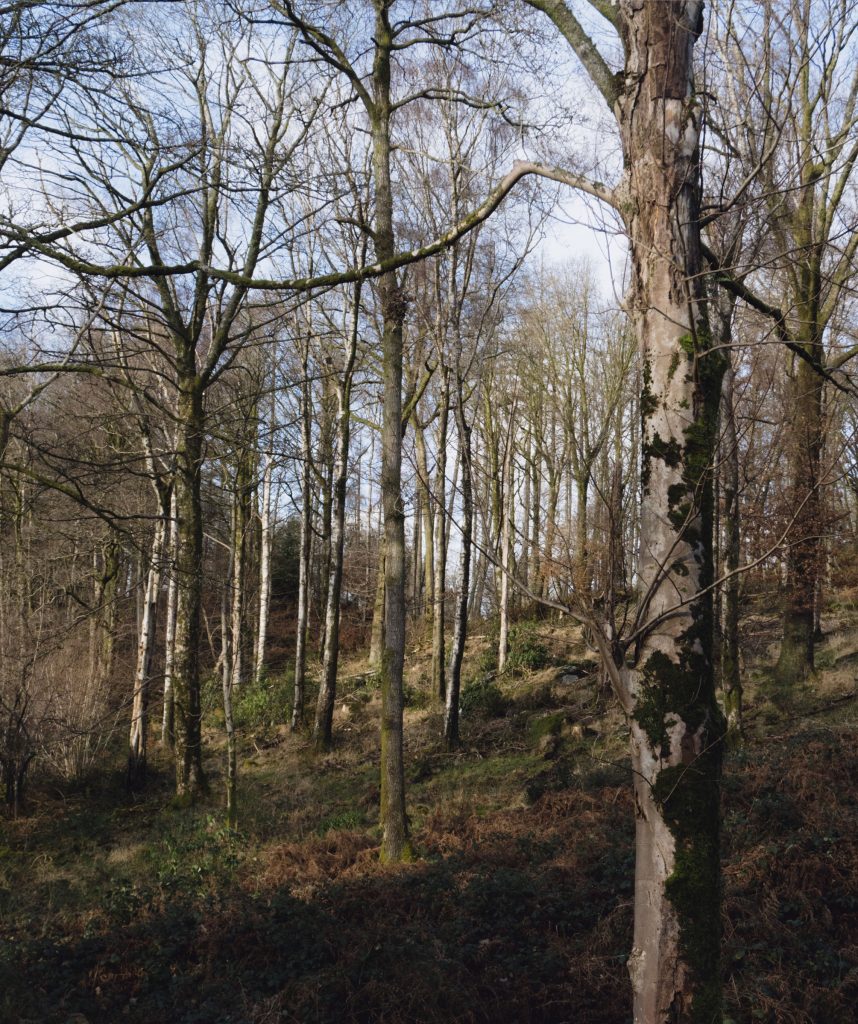
Remember when it comes to the benefits of being in nature, there is a very wide definition of what counts.
We can spend time in green spaces, like parks or woodlands or near water like rivers, canals or the sea. But nature is also found in the trees that grow on a city street, the verges of the motorway and even indoor plants or window boxes. This is good news as it means the mental health benefits of nature can be made available to nearly every one of us, no matter where we live.



